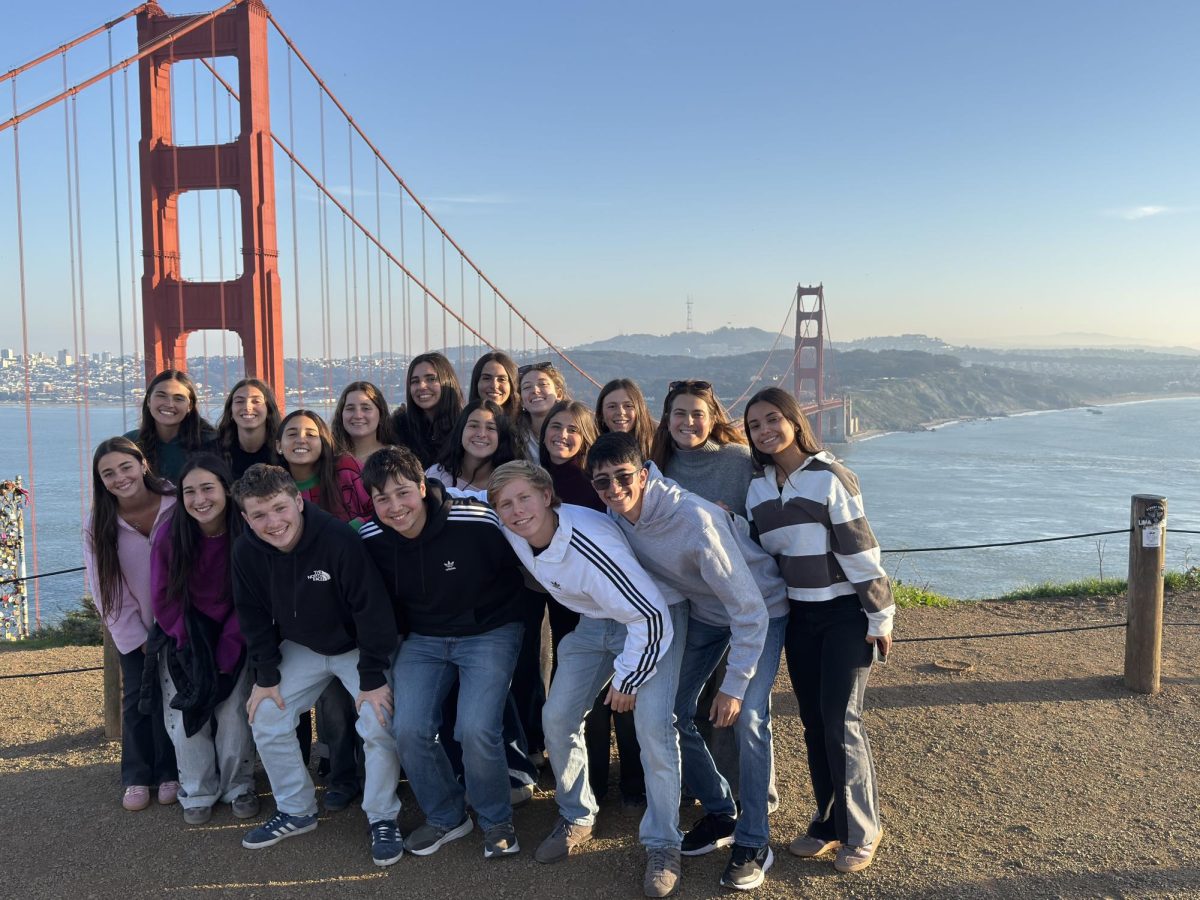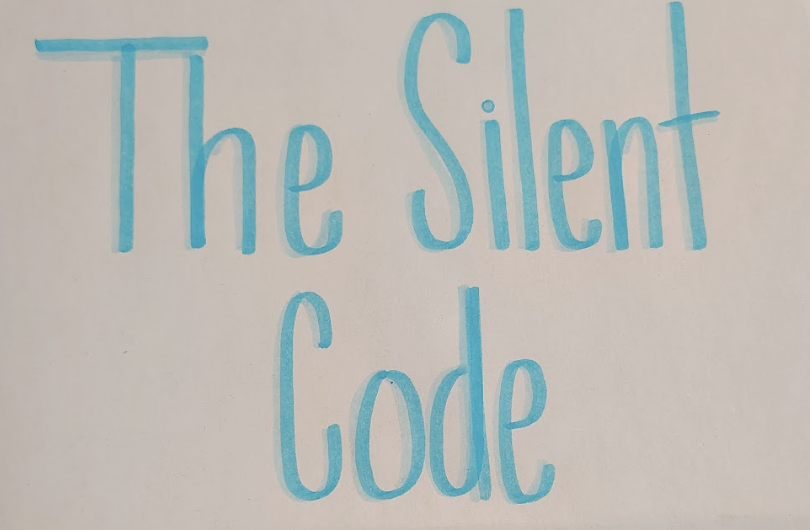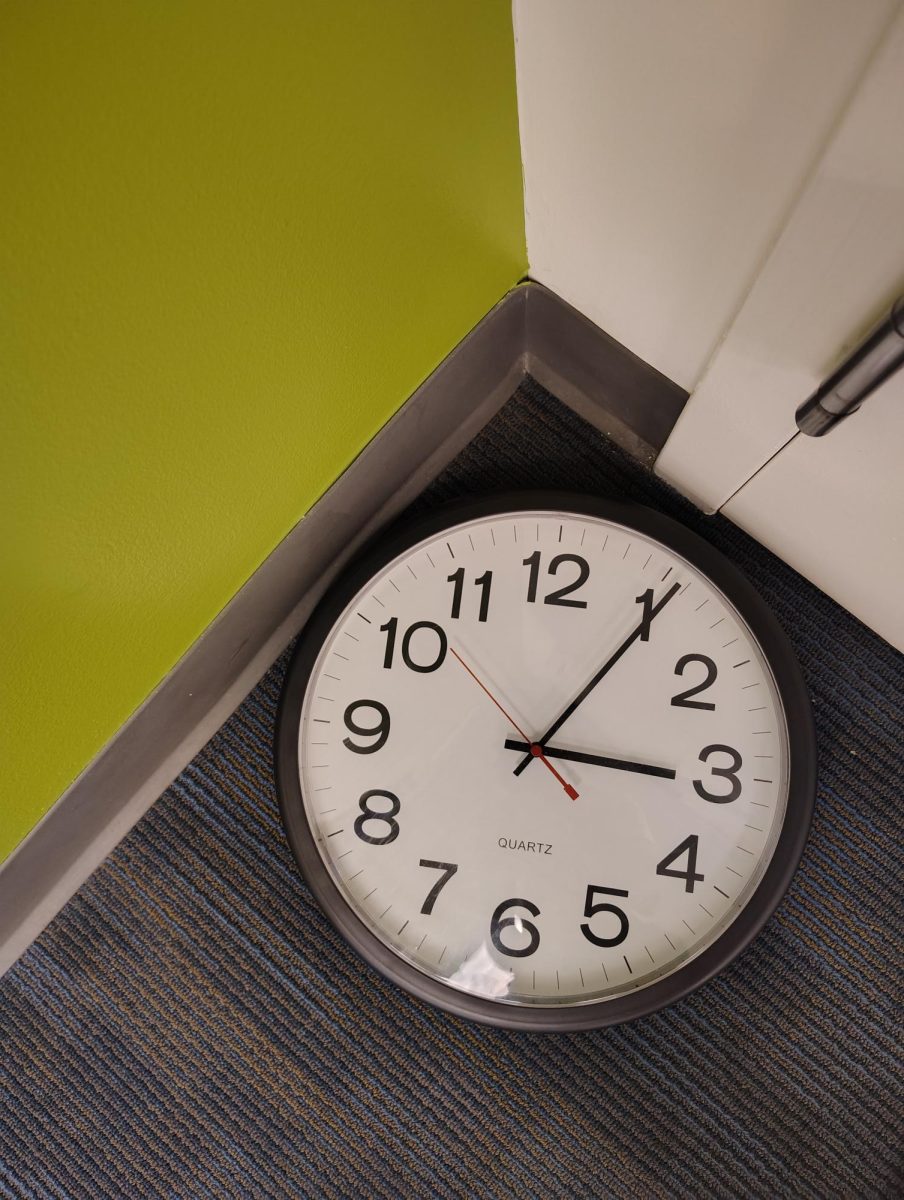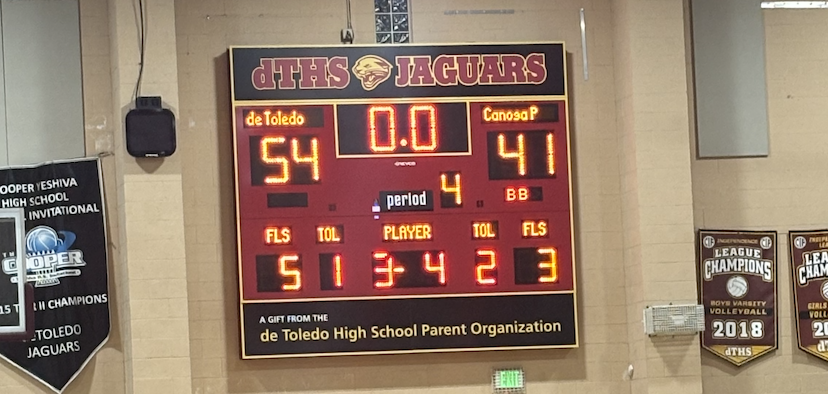The War Against Marijuana Must End
June 14, 2018
While I am overseas, people often ask about American habits. “Why do you measure distance in feet?” someone recently asked me. The imperial system, how we measure length, speed, weight and temperature, always arises. Why do we use such a complicated system, while most countries use something less complex? I don’t know. So I usually smile, shrug my shoulders, and say something along the lines of “because we’re America.”
“Because we’re America” can be used as an excuse for much of our American nature — ways of life that are, frankly, foolish.
The U.S. continues to mint pennies, while each coin’s production cost is 1.6 cents. Why? “Because we’re America.” A site run by the federal government includes advice on how to copyright sightings of Elvis. Why? “Because we’re America.”
Some of these strange distinctions can be overlooked, even laughed about. But other peculiar choices have earnest repercussions that hurt our people.
Last week, Senator Kamala Harris co-sponsored the Marijuana Justice Act, which would legalize recreational use of cannabis federally. New attention was brought to the war on marijuana, a phenomenon that hinders America socially, medicinally and economically.
How sad is it that although blacks and whites use cannabis at an approximately equal rate, black people are 3.73 times more likely to get arrested for possessing it? And certain sentences ruled are, candidly, ridiculous for the non-violent “crime.”
Take Bernard Noble as an example. Last February he was finally granted parole after serving more than eight years in a Louisiana prison for possessing two-joint worth of marijuana. In 2016 574,641 other individuals were arrested simply for possessing the substance.
Disregarding whether these people end up jailed, the mere event of their arrest causes them to suffer for at least as long as it stays on their record. Acquiring public housing, benefits and jobs become increasingly difficult for these Americans.
Certain states, such as California and Colorado, have progressed toward common-sense laws regarding cannabis use. But many states, including Texas, Idaho and Utah, have not. It is a shame that in those states individuals can be incarcerated even for medicinal marijuana use.
Those states fail to recognize cannabis’ benefits. The substance, for example, is able to provide a substitution for opioids. Opioid-related mortality has risen by 15.6% between 2014 and 2015. A study published in JAMA Internal Medicine concludes that states, where marijuana is legal, have much fewer opioids prescribed annually.
Regular marijuana users are also skinnier and have a healthier metabolic reaction to sugar in comparison to the average person, according to The American Journal of Medicine. Unlike cigarettes, occasional use of cannabis does not harm lung function, another study shows.
When it comes to revenue, in a state such as Nevada, where marijuana is legal for recreational use, it is explosive. In its first six months since legalizing cannabis, the state made more than $30 million in taxes. And in Colorado, marijuana helps bolster job growth and economic activity. A thorough analysis reveals that, in 2015 alone, 18,000 full-time jobs were created in the Centennial State due to marijuana, and $2.4 billion were generated.
If the Marijuana Justice Act passes, our country could enjoy satisfying benefits. It would generate a million jobs and stimulate economic activity, according to the New Frontier Data. This bill would, moreover, remove federal charges pertaining to marijuana use and possession. Disproportionately impacted black people would finally have access to an array of opportunities — from bank loans to food stamps in all 50 states.
Let us set one thing straight: at a time when serious crimes are committed, police officers should not use our taxpayer dollars to arrest someone for smoking a joint. People should not be punished for actions that do not put others in distress.
Unlike pettier topics, replying “because we’re America” regarding this matter is not acceptable. Too many are hurting. The time has come to pass sensible laws.
































